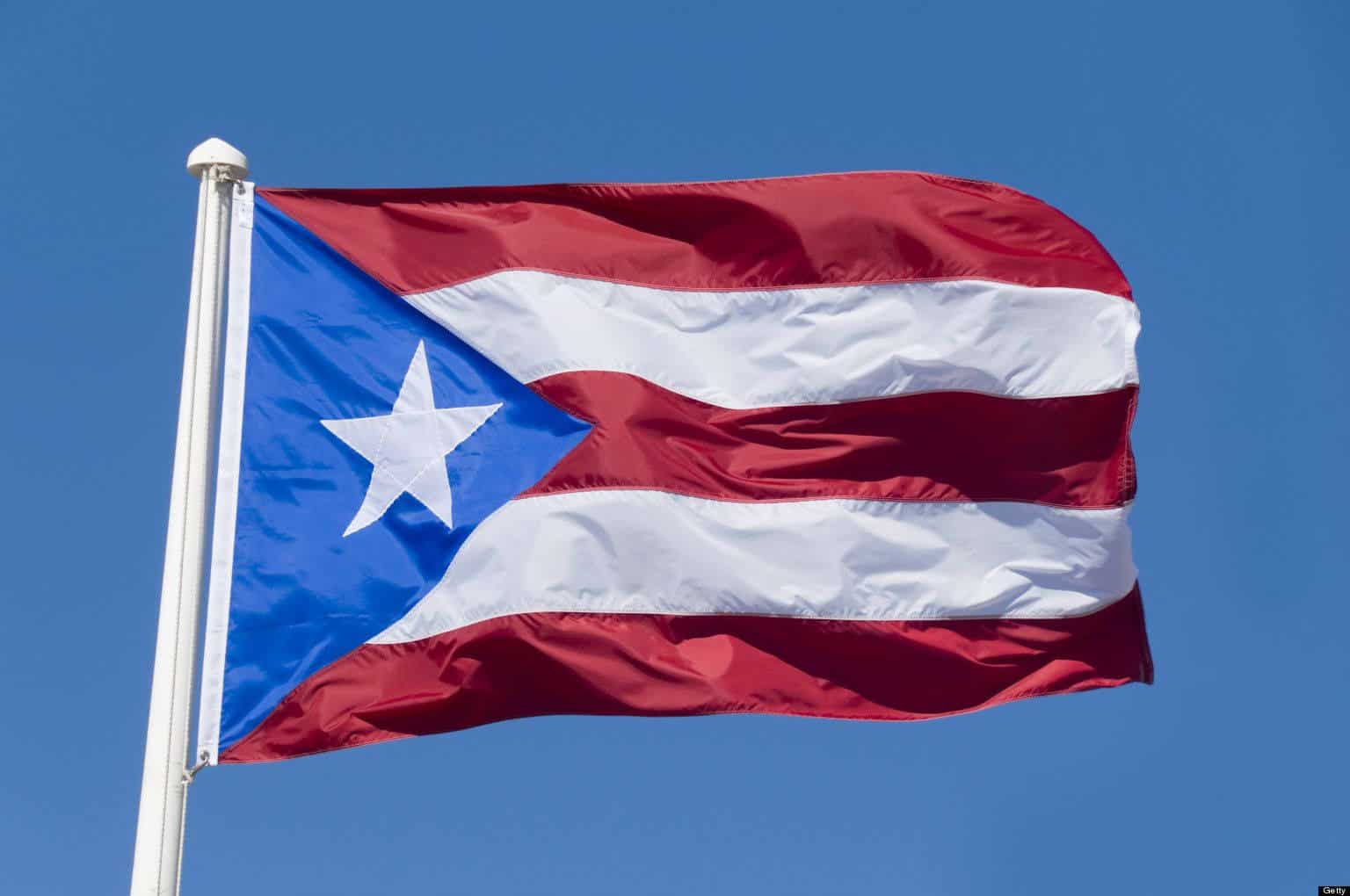
Felicity Huffman, the actress at the center of the 2019 college admissions scandal, has recently resurfaced in the news, this time with an apology. During an ABC News interview, Huffman expressed remorse and extended an apology to "students and the families that sacrifice and work really hard to get to where they are going legitimately."
The competitive nature of the race to college admissions is highlighted by Huffman and other affluent parents involved in the scandal, who believed their students needed an advantage. This competitiveness is felt across families of various backgrounds, but the advantage significantly favors affluent families, particularly in terms of SAT test coaching and college application support.
In Puerto Rico, where I work with students on a daily basis, the challenges are even more pronounced. The island, with over 3.2 million American citizens, faces significant economic disparities, with 57% of children living in poverty compared to 16.3% in the rest of the country. If Puerto Rico were a state, it would be the poorest, facing twice the level of impoverishment as Mississippi. The financial constraints in Puerto Rico make it difficult for parents to afford coaches, tutors, and mentors to support their children's journey to higher education.
Unlike many schools on the mainland that benefit from college counselors, Puerto Rico has a severe lack of such resources. The island's schools, grappling with years of economic crises and natural disasters, are often underfunded, overcrowded, and understaffed, with limited facilities and resources. Since 2007, 44% of public schools in Puerto Rico have been closed. Students here are not receiving the necessary curriculum aligned with SAT standards and expectations.
A recent study by Harvard-based economists revealed stark disparities in SAT scores based on family income. While 30% of students from wealthy families scored 1300 or higher, only 5% of middle-class students achieved the same. Notably, almost no students from low-income families reached such high scores. Additionally, the study highlighted that only one in five poor students took the SAT at all, reflecting the scarcity of opportunities to take the test in Puerto Rico. Limited testing centers and few testing dates, often located far from students' homes, contribute to these challenges.
Despite these hurdles, Puerto Rico is home to bright, talented, and motivated students. Working with a group of high-achieving young adults, I witness their potential to navigate the college application process successfully when provided with some support and coaching. While lacking the external support available to many mainland students, these individuals, with even a modest leveling of the playing field, have proven capable of attending and thriving in some of the nation's best universities.
Moreover, many of these students return to Puerto Rico, leveraging the networks and knowledge gained in college to contribute to improvements on the island. Breaking the cycle of poverty requires more of these success stories. While addressing the root causes and consequences of poverty in Puerto Rico, it is imperative to offer increased support and assistance to students aspiring to pursue higher education.
